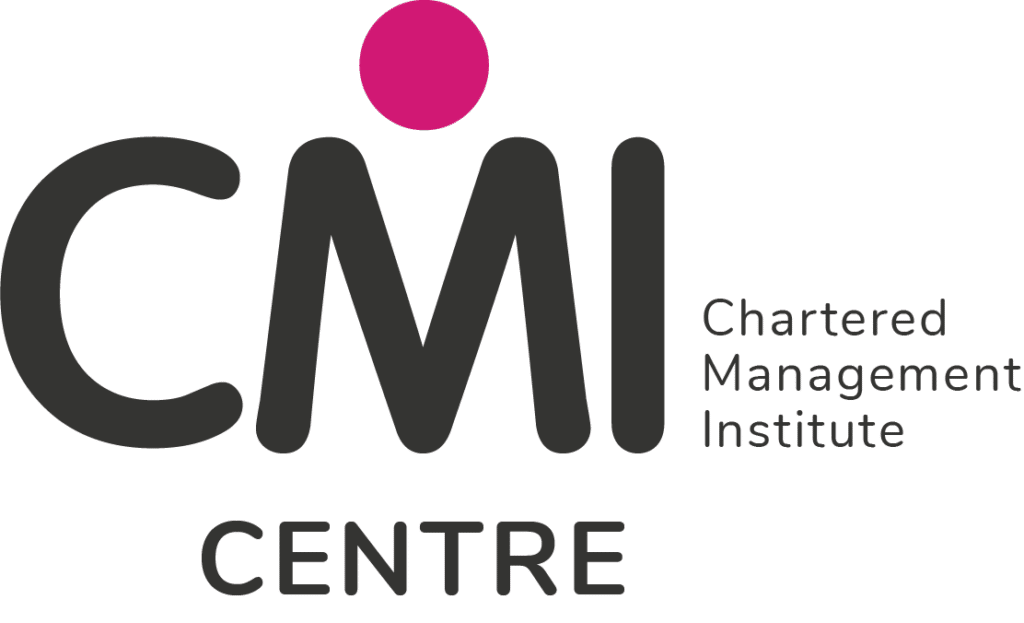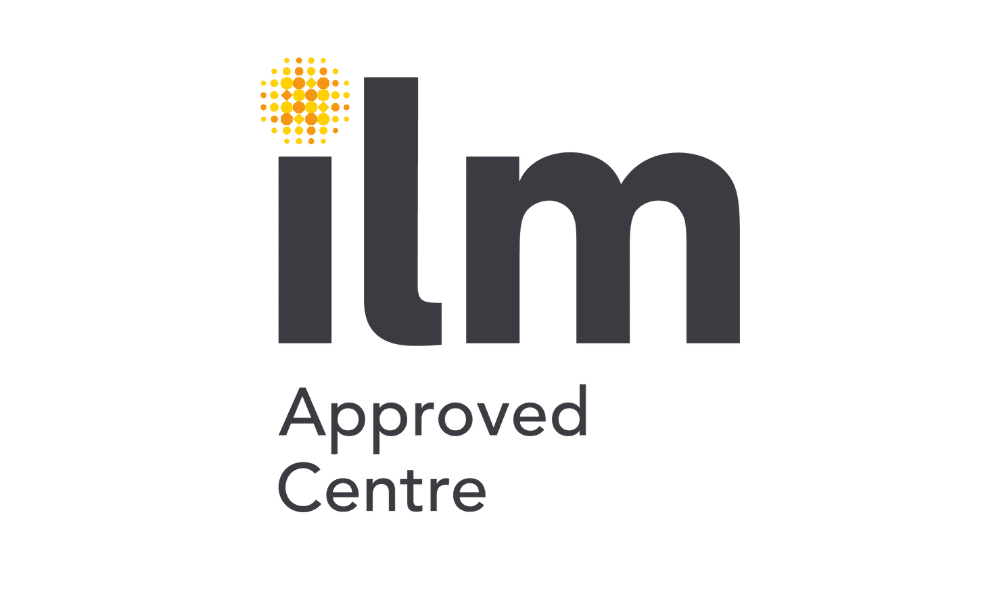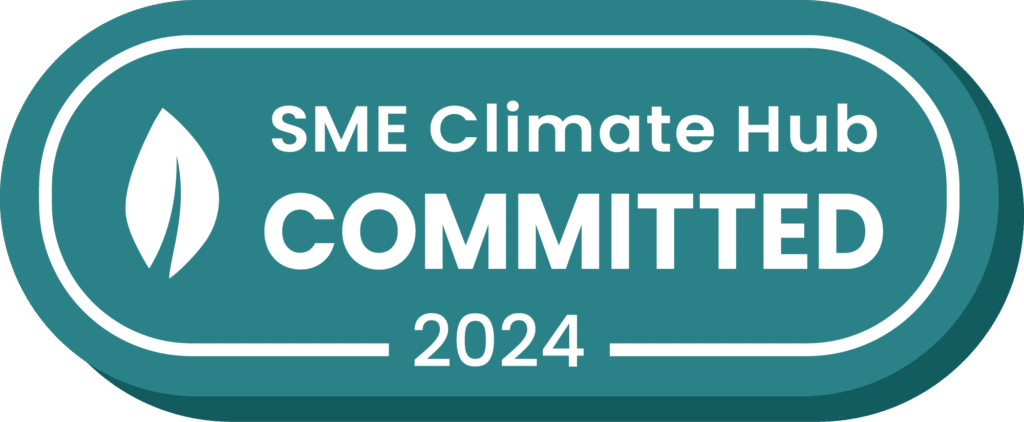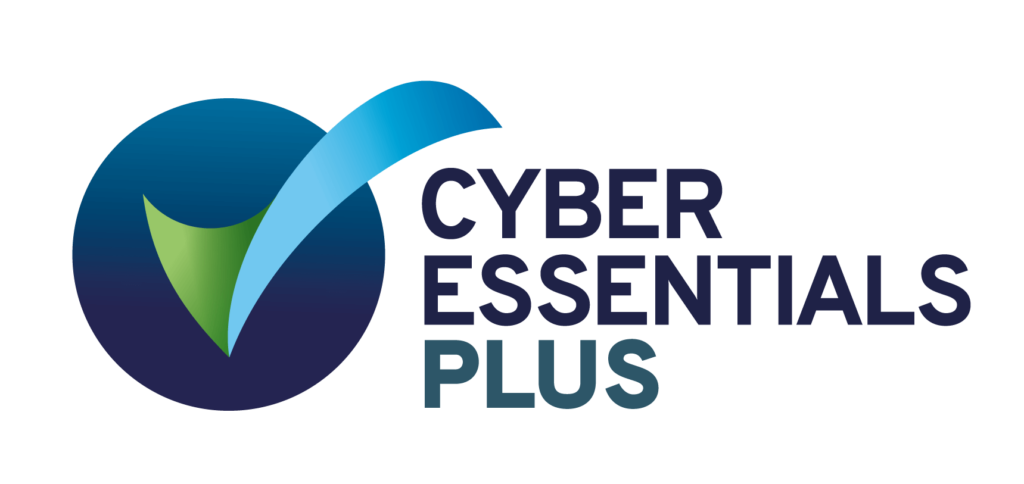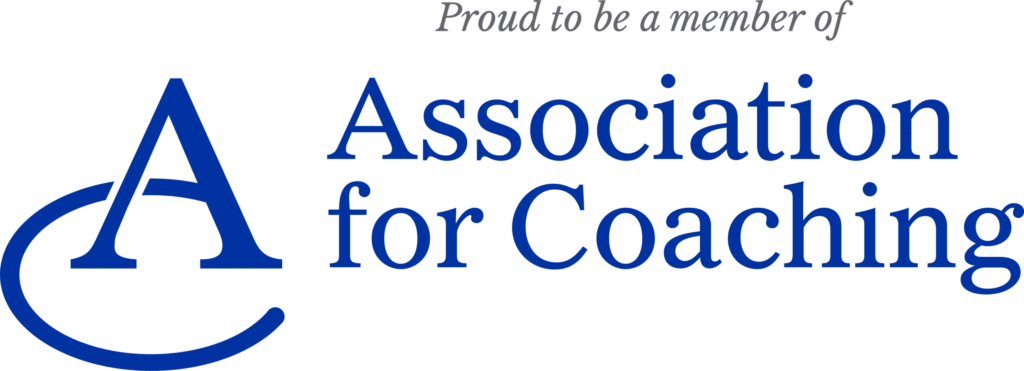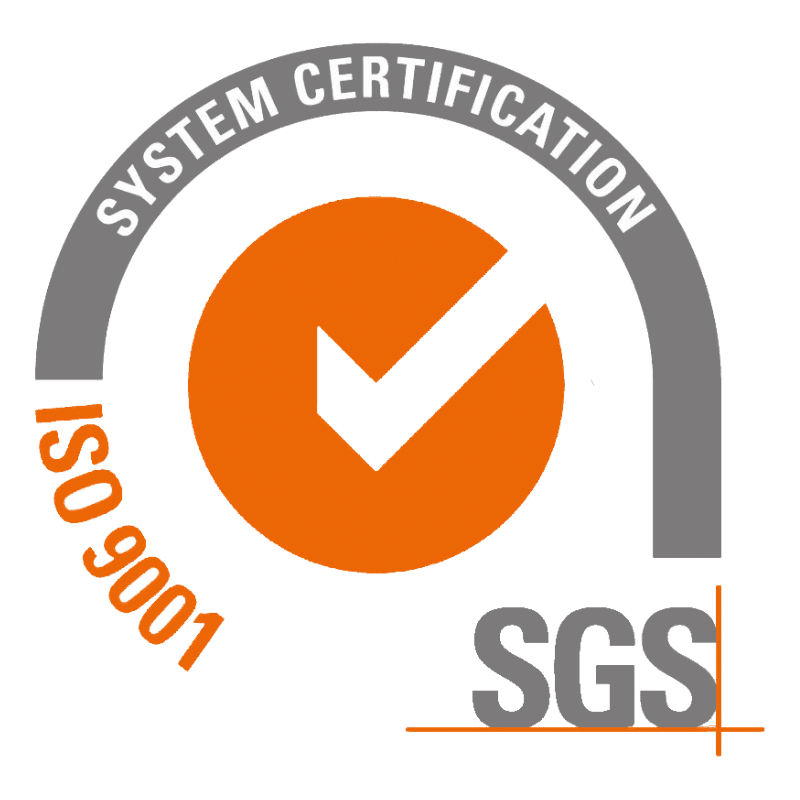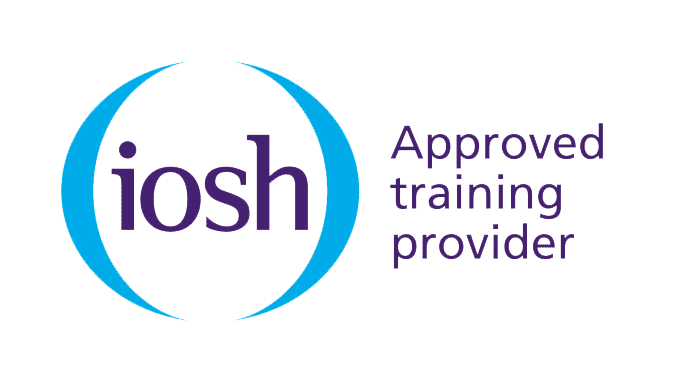In modern organisations, individuals don’t need to be working as full-time workplace coaches to benefit from being equipped with the knowledge and skills central to coaching and mentoring qualifications.
Anyone with management and leadership responsibility can improve the performance of their team, strengthen their workplace relationships and upgrade their overall effectiveness by using coaching skills in their role.
Coaching helps people to build upon their potential, look to the future and embrace change. It facilitates a shift in perspective and enhances emotional intelligence. Coaching can become a positive culture in an organisation – “simply the way we do things around here”.

Eliesha can offer Level 3, 5 and 7 ILM Coaching & Mentoring qualifications at both Certificate and Diploma level. They are available via our engaging online learning platform, so accessible however and wherever your learners are working.
To enquire about any of these qualification for any number of staff, simply email us on [email protected] and we will get straight back to you.
To find out more about the valuable coaching skills developed and supported by these comprehensive courses, see our Top 4, below:
The Subtleties of Subtle Communication

Managers who listen for both text and subtext are able to respond in kind, with the inclusive language and tone that will elicit the best response. Understanding subtle differences in their team’s communication styles allows them to ‘package’ instructions (whether an email, team briefing or one-to-one conversation) in a way that enables them to be easily understood and immediately acted on.
Open Questions

An emphasis on efficiency has led many managers to handle interactions with their team from a problem-solving mindset – quickly addressing issues and moving on. Learning to ask open-ended questions can both solve problems and create openings for new actions. The best ones take individuals away from the problem and encourage them to think with freedom and creativity.
Recognising Strengths

Traditional conventions of leading place an emphasis on finding and fixing weaknesses, but this can rapidly disengage employees and convince them their best is never good enough. Instead, as well as appropriately addressing any performance concerns, managers should work to identify and enhance the unique strengths of each of their team members, and coaching/mentoring skills enable this effort.
Involved Detachment

Switching into ‘feedback mode’ can prompt emotionally charged responses and trigger the ‘inner critic’ that occasionally rears its head in everyone. Involved detachment is the technique of being objective and non-judgemental whilst retaining the emotional investment that builds trust and develops relationships. It takes practice to overcome the natural instinct to mirror the emotions of the other.
Eliesha has successfully partnered with organisations from diverse sectors like health, engineering, manufacturing, retail and higher education to build coaching cultures and develop coaching skills with ILM qualifications, and would be delighted to see how we can help you do the same.
